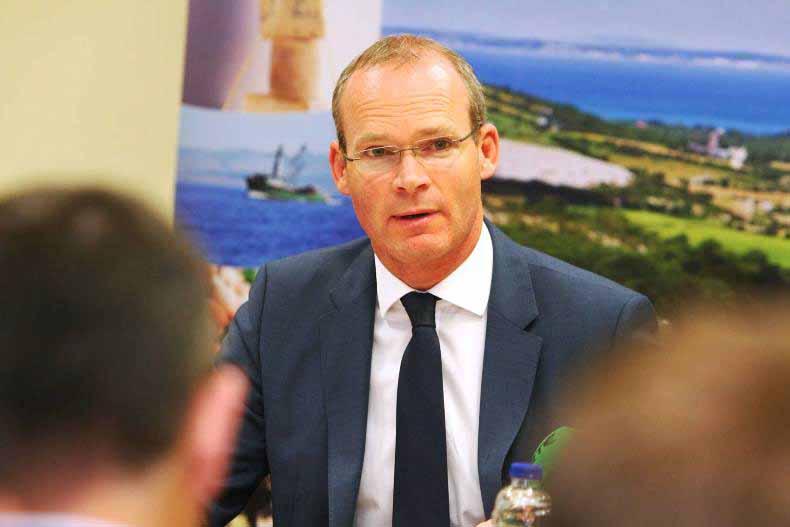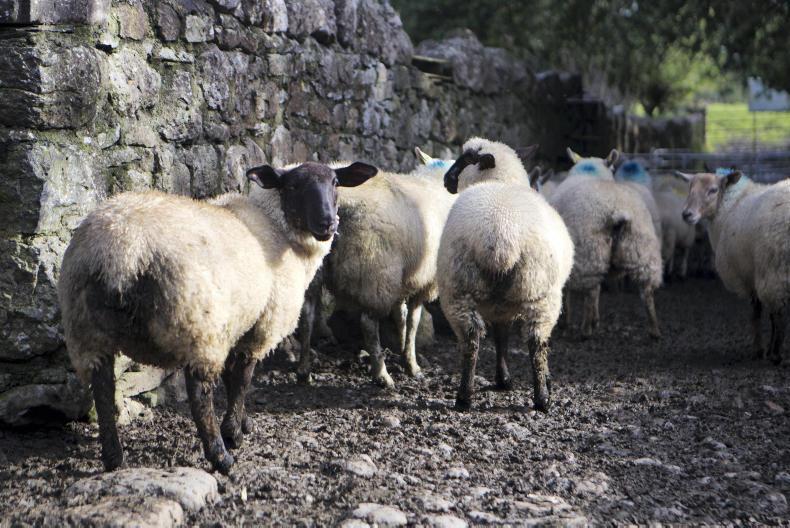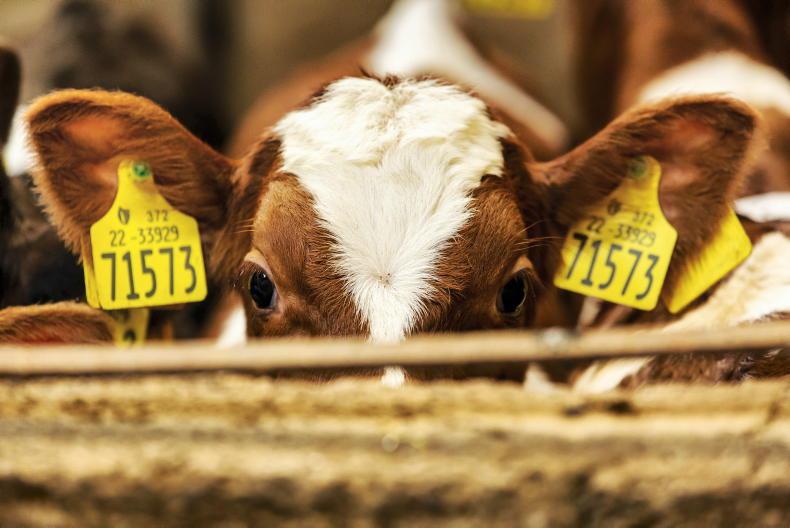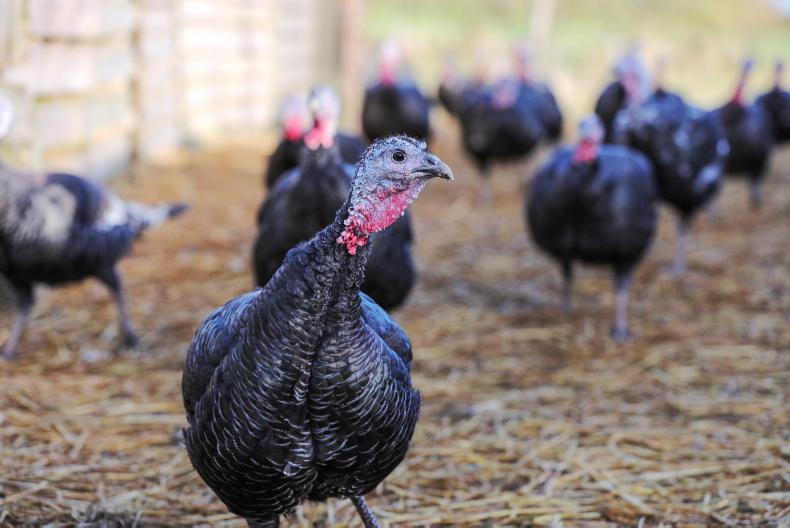Northern Ireland Minister for Agriculture Michelle O’Neill has been calling recently for greater effort from her counterpart in Dublin to get on board to develop an island of Ireland beef and presumably lamb label. She believes an “island-of-Ireland food label would solve the issue for the beef sector and other sectors that are impacted as a result of country-of-origin labelling”. She also rebukes Irish Minister for Agriculture Simon Coveney because he “has not got on board and shown leadership with me in assisting the industry to deliver an all-island label”.
There may be some merit in having a geographical label based on the island of Ireland. However, with the separate promotional activity of Bord Bia in the south and various agencies in Northern Ireland, it is doubtful.
Country-of-origin labelling
What it cannot do is trump country-of-origin labelling (COOL). This is EU legislation and designation is based on the member state countries of the EU. This island encompasses two member states – the Republic of Ireland and the UK, of which Northern Ireland is part. On this basis, any product covered by COOL that originates in Northern Ireland has UK origin provided it has been born, reared and slaughtered there. The same applies for produce in the Republic of Ireland – if it is born, reared and slaughtered there, it is designated Irish under COOL.
Any change to COOL cannot be undertaken by the departments in Dublin and Belfast, or even London for that matter. It is EU legislation and any change will have to be achieved there. This will in itself be a challenge, as it was reviewed as recently as 2013.
A modification to COOL legislation whereby produce could carry the origin of the country in which it began its existence would solve the “nomad” issue without interfering with the member state basis of the existing rules. If this could be achieved, it would mean cattle born in the Republic of Ireland could be designated Irish no matter where they are reared or slaughtered. The same in reverse could apply to Northern Ireland for lambs going south for slaughter. If they were born in Northern Ireland, this modification would enable them carry UK origin irrespective of where they were slaughtered.
The Oxford Dictionary definition of origin as being “the point or place where something begins, arises, or is derived” is much more relevant and meaningful
Currently COOL requires an animal to spend its entire life in the same member state to carry a country-of-origin designation. Therefore, to be defined as Irish, an animal must be born, reared and slaughtered in Ireland, or in the UK context born, reared and slaughtered in Britain or Northern Ireland. So, for instance, if an animal born in Co Mayo but is sold in a mart to a Northern Irish finisher, then beef from that animal must be labelled as “born in Ireland, raised in Ireland/UK and slaughtered in UK”. It finishes up with this description on the pack but has neither British nor Irish origin.
Processing standards
Given that the same processing standards are in place across the EU, information on where slaughtering or indeed finishing takes place adds no real value. What consumers are interested in knowing is the source of what they are eating. Therefore, the Oxford Dictionary definition of origin as being “the point or place where something begins, arises, or is derived” is much more relevant and meaningful. In this scenario, an animal born in the west of Ireland, bought by a northern finisher and killed in a northern abattoir would always be Irish, while a lamb born in Co Tyrone but killed in Irish Country Meats would be labelled UK.
If this modification could be achieved it would remove the “third” category of meat having no identity, or “nomad”, as it is referred to. This would assist trade from the Republic of Ireland with Northern Ireland and indeed Britain, where a major processor specifically penalises mixed-origin beef by £1/kg. Most top UK retailers and burger chain manufacturers that source British and Irish meat should be comfortable with such an arrangement. What they won’t tolerate is carrying a third range of mixed origin or “nomad” in their offering because it adds to their administrative costs. One way the discounters such as Aldi and Lidl trump the mainstream retailers is through saving costs with smaller product ranges. Both carry only British beef in their UK stores and exclusively Irish in their stores in the Republic of Ireland.
The present labelling situation is a step worse than that for which the WTO ruled against the US. The WTO found that by insisting on COOL in its trade with Mexico and Canada, the US was discriminating against imported product because the easiest way to comply with US COOL was not to import. In our situation, where a major meat processors actively demonstrate their unwillingness to accept imported or mixed origin cattle by discounting by up to £1/kg, the case is even more clear cut.










SHARING OPTIONS